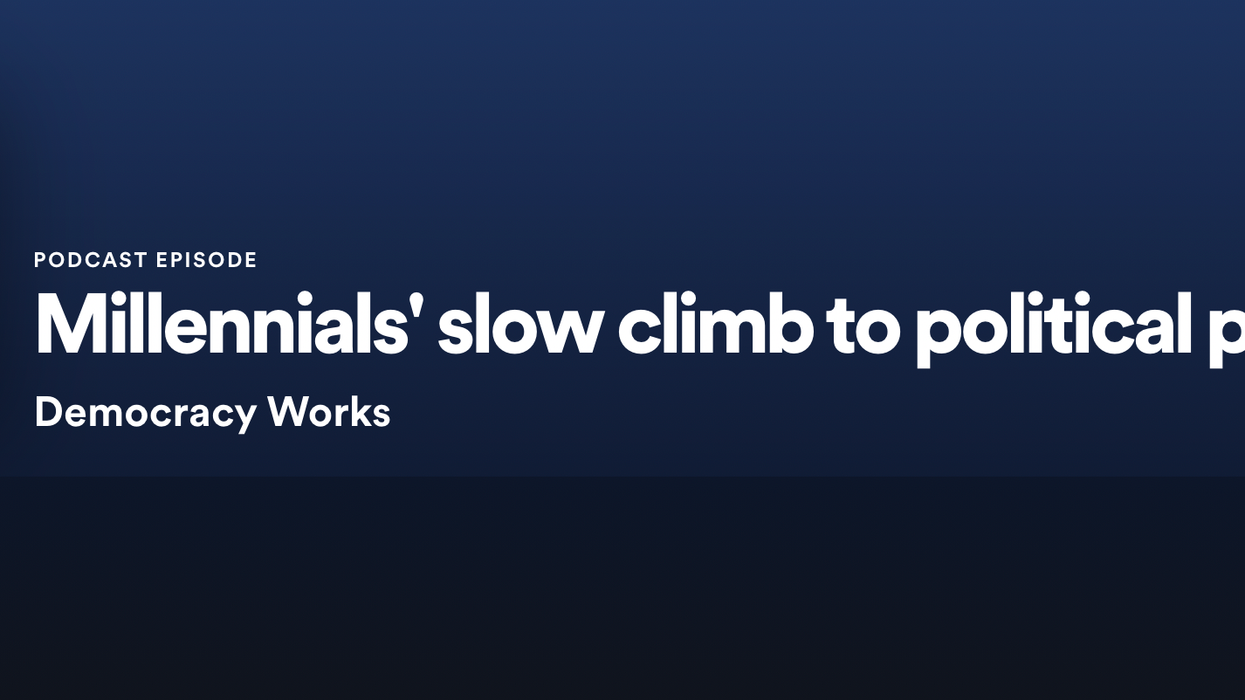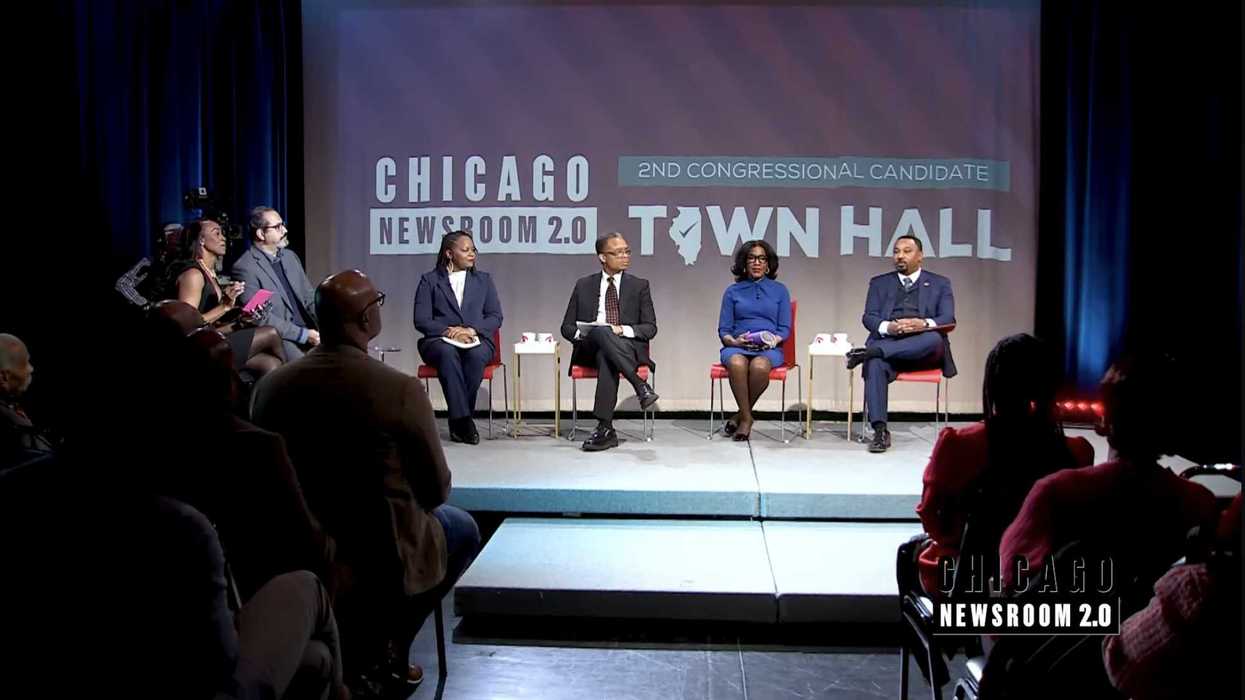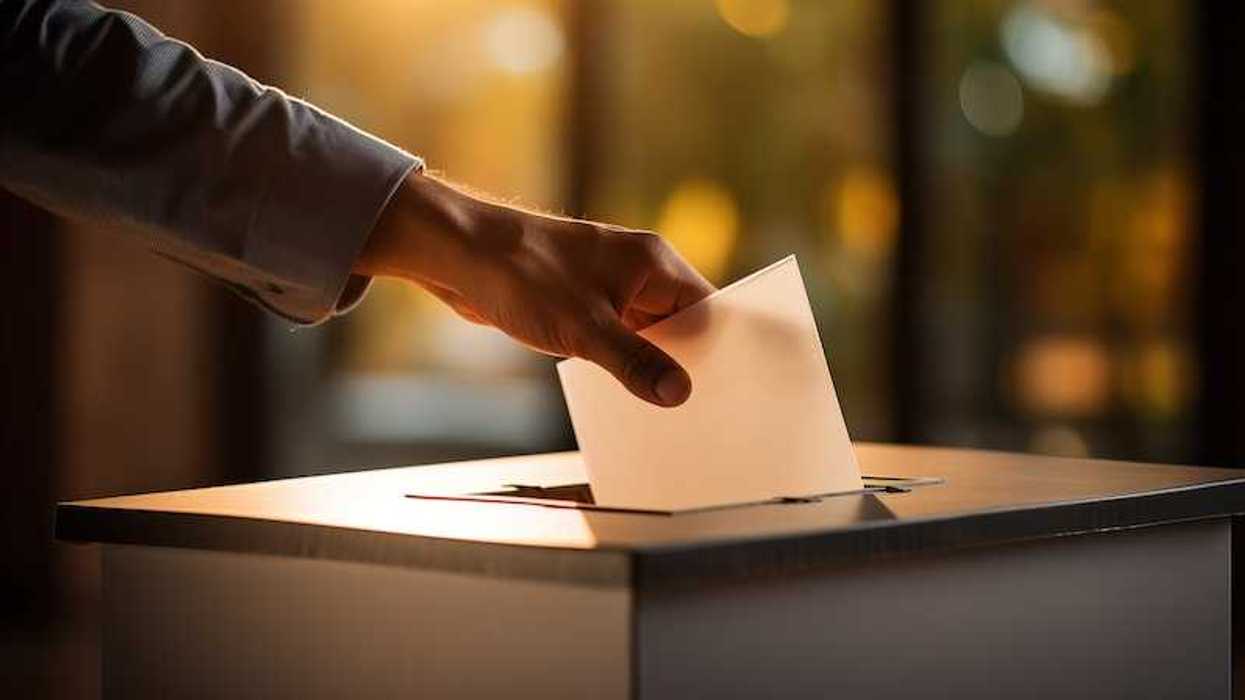Generational divides in American politics are nothing new, but they seem particularly striking now as the oldest Millennials turn 40 this year. Charlotte Alter has spent the past four years documenting these interesting political dynamics and joins The McCourtney Institute For Democracy to discuss with the team in this episode of the Democracy Works podcast.
Podcast: Millennials' slow climb to political power





















